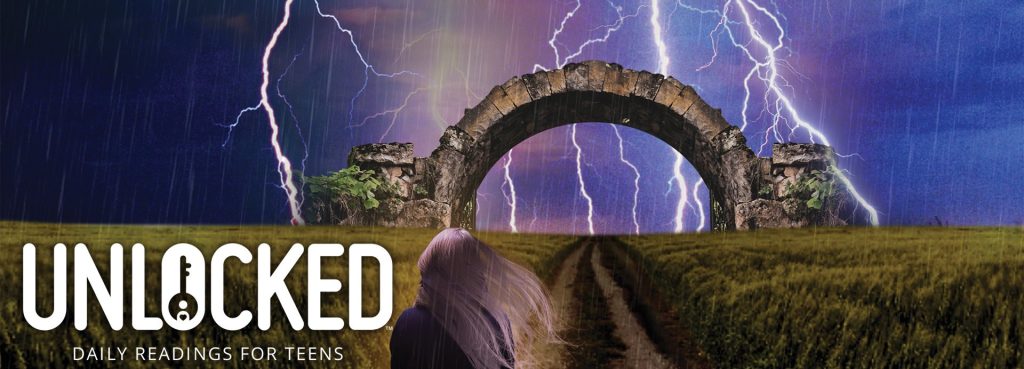
Unconditional Love
Author: Shadrach Goni — Host: Natty Anderson — Posted on: August 2, 2023

READ: LUKE 15:11-32; JOHN 3:16-17
In the Old Testament, the coming of the Messiah was foretold by several prophets. Many Israelites thought the Messiah—the One who would save God’s people—would be a political leader who would restore their freedom and save them from their oppressor, Rome. But when Jesus came as the Messiah, He came to demonstrate God’s unconditional love for sinners, not to give His people political power.
Some of the teachers of the Jewish law, called Pharisees, were hostile toward sinners. Rather than extending unconditional love, they were unfriendly to sinners and saw themselves as saints—even when they lived hypocritically.
When Jesus talked to the Pharisees, He often used parables to explain key truths. One time He used a parable about a prodigal son to explain the extent of God’s unconditional love. In this parable, there were two sons who had a very influential father. The younger son asked his father for his inheritance early. His father agreed, and after getting it, the younger son went to a distant land where he squandered everything. Then a famine hit. In desperation he began to beg, and he longed to eat scraps given to the pigs. After giving it some thought, he returned back home to his father, ready to beg for forgiveness and ask his father if he could stay with him as a servant. But his father warmly accepted him back as his son, not his servant, then threw an extravagant party to celebrate his son’s return. The older son, however, was bitter and angry about the younger brother’s return and felt that his father was being unfair by extending unconditional love to the rebellious younger son.
Jesus told this parable so the Pharisees would understand the level of God’s unconditional love toward all of us who have strayed. God is ready to forgive and welcome anyone who puts their trust in Jesus—any time, any day. No one is outside of Jesus’s reach. When someone who we see as unworthy comes to Jesus, instead of being bitter and angry like the older brother in the parable, we can rejoice that a sinner turned to Christ. We can continue to pray for people within our reach, and outside our reach, to come to know the unconditional love of Jesus. And we can praise God for extending His unconditional love to sinners like us. • Shadrach Goni
• Take a moment to read Luke 15:11-32. Do you feel more like the older son or the younger son in this parable? Why do both of these brothers need the unconditional love of Jesus?
“For the Son of Man [Jesus] has come to seek and to save the lost.” Luke 19:10 (CSB)
